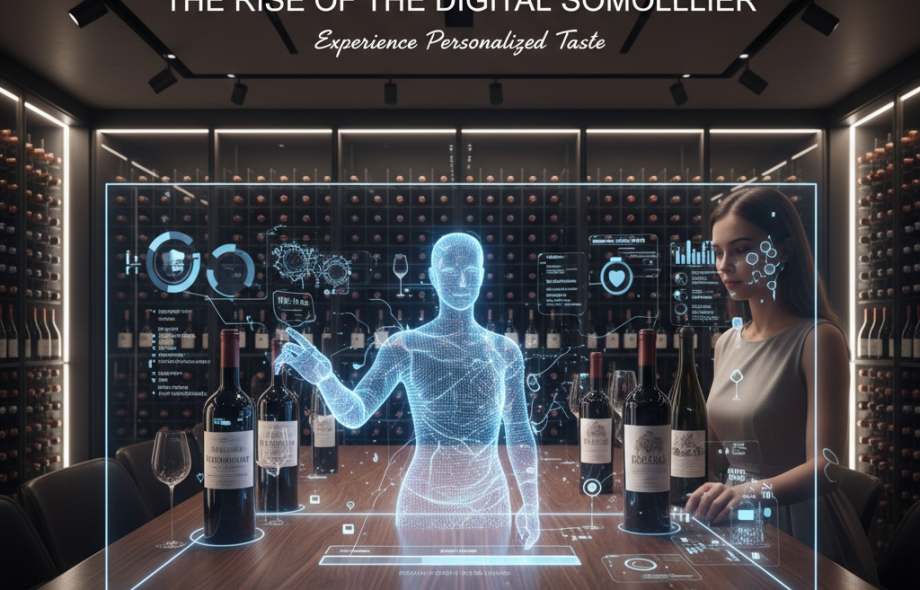In the world of fine dining and wine connoisseurs, the role of a sommelier is crucial in guiding patrons through the extensive list of wine options. However, with the advancement of technology, a new player has emerged in the wine industry – the digital sommelier. This innovative concept combines the expertise of traditional sommeliers with the convenience and efficiency of digital platforms to create a seamless and personalized wine selection experience.
Digital sommeliers utilize artificial intelligence and data analytics to curate wine recommendations based on individual preferences, food pairings, and budget constraints. By collecting information on past wine purchases, taste preferences, and feedback, these digital platforms can offer highly customized recommendations that suit the unique tastes of each customer. This level of personalization ensures a more satisfying and enjoyable wine selection process for consumers.
One of the key advantages of a digital sommelier is its accessibility. Unlike traditional sommeliers who are limited by physical presence and availability, digital sommeliers are accessible 24/7 through mobile apps or websites. This means that customers can receive expert wine recommendations anytime and anywhere, whether they are dining out at a restaurant or shopping for wine online. The convenience of having a digital sommelier at your fingertips enhances the overall wine tasting experience and encourages consumers to explore new and exciting wine options.
Furthermore, the use of artificial intelligence in digital sommeliers enables continuous learning and improvement. As customers interact with the platform and provide feedback on suggested wines, the AI algorithms can adapt and refine their recommendations over time. This iterative process ensures that the recommendations become increasingly accurate and relevant, leading to higher levels of customer satisfaction and loyalty.
Despite the numerous benefits of digital sommeliers, some may argue that they lack the personal touch and human connection that traditional sommeliers provide. While this may be true to some extent, digital sommeliers can complement rather than replace human expertise in the wine industry. By combining the knowledge and intuition of human sommeliers with the efficiency and accessibility of digital platforms, a hybrid approach can offer the best of both worlds to consumers.
In conclusion, the emergence of digital sommeliers represents a significant evolution in the wine industry, offering consumers a more personalized, convenient, and engaging wine selection experience. As technology continues to advance, we can expect digital sommeliers to play an increasingly prominent role in shaping the future of wine consumption and appreciation.
 :
https://www.pinterest.com/xceltec0192/
:
https://www.pinterest.com/xceltec0192/












